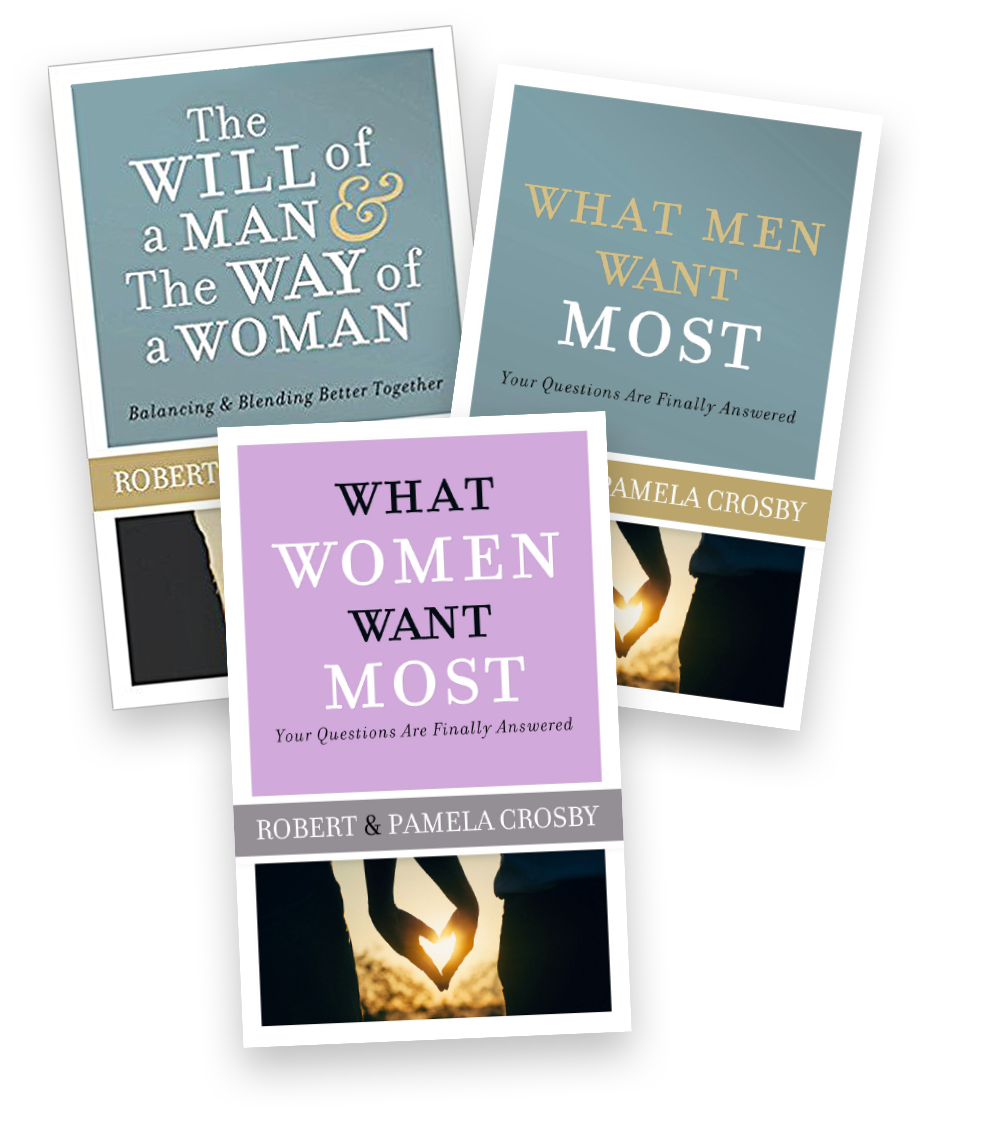The Hunger Generation: 11 Soul Cries That Are No “Game”
“There is no greater agony than bearing an untold story inside you.”
Maya Angelou
Every year an avalanche of paperback novels and newly produced movies flies off the shelves and onto thousands of screens across the country. Millions of buyers pick up a new piece of fiction and lay down $10+ for a movie in which to escape while relaxing on the beach or in the comfort of a well-cushioned chair. There is a reason for this — everyone loves a good story!
Stories shape our lives, our world, even our souls. Stories capture our imaginations. The latest one to do so in a big way is certainly The Hunger Games by Suzanne Collins. After much coaxing from my 17-year-old daughter, Kandace (sounds a bit like Katniss – right) I recently read the novel and, later that day, saw the film for the first time. No doubt, the story itself is compelling. Collins’ novel is a great yarn set in a futuristic but conflicted world. The plot, the protagonist, the antagonists and the setting are in and of themselves interesting. But, I believe there is more.
Whenever a book makes such a sweeping and compelling impact on youth culture it catches my attention and I always find myself asking the same question: What is it about the soul of youth culture today that is so taken by this particular story – in this case, The Hunger Games? But, in earlier years – Harry Potter, Twilight and even The Lord of the Rings. Have had similar followings. Since I have spent 10 years as an inner city youth pastor and the past few years as a university professor – I am surrounded by interactions with and observations of youth culture.
The Hungry Generation
More specifically, there are several things to observe about the experiences and the pathos of Katniss Everdeen, the main character in The Hunger Games, that shine a light on what so many are finding to be so compelling. The key to a great stories success at any point in history is not only what is it about the story that is so beautiful or artistic, but what is it about the reader (or viewer) that is so touched or inspired by it. So, here are some things that come to mind:
Katniss was hungry and lived in a hungry world. Hunger is the primary plight of man that has captured the attention and concern of a growing number of young activists, compassionate workers, philanthropists and missionaries.
Katniss was desperate. After a few decade of being “raised” by a Boomer generation that specialized in shallow consumptive behavior and vacuous amusements, Millennials (emerging generations) are anxious to find something in life of substance and meaning.
 Katniss has a broken family. Yes, I know Katniss’ father died in an accident, but there are other things that destroy families, some worse than death. This generation of youth has experienced more brokenness, divorce and emotional abandonment than any previous one in American history. Katniss was more of a consistent “parent” to her sibling, Prim, than was her biological mother.
Katniss has a broken family. Yes, I know Katniss’ father died in an accident, but there are other things that destroy families, some worse than death. This generation of youth has experienced more brokenness, divorce and emotional abandonment than any previous one in American history. Katniss was more of a consistent “parent” to her sibling, Prim, than was her biological mother.
Katniss’ future looked bleak. Since the start of the Recession in America three years ago, today’s youth regularly hear that they may become the first American generation to end up worse off than their parents.
Katniss lived in a world of “haves” and “have nots”. Regardless of your political persuasion (and today’s youth are getting pretty worn out on politics), there is a deep sense among today’s youth that the culture is economically disparate. The Occupy Wall Street movement and others have at times overstated (and oversimplified) these concerns; however, it is quite clear that while Millennials don’t despise financial success, they do have a low tolerance for greed and see money as more of a tool than a goal.
Katniss found a way to develop her strengths. She learned how to hunt her way through life and to keep herself and her family alive. In today’s adverse economic environment, many are finding ways to exploit their skills and talents in order to survive while lowering any expectations of thriving. I know several students already managing their own businesses while finishing school.
Katniss had a hard time deciding on love. In the first book, Katniss found herself torn between two young men – but most of all she found herself disenchanted with the idea of marriage itself because of not wanting to bring a child into such a distressing world. Youth and young adults today are more and more choosing to not marry at all.
Beyond the Games
Katniss found strength and support in a small community. Although our world more connected technologically than ever before, it has become more disconnected emotionally and relationally. This puts a generation at high risk on many levels: a lack of authentic community makes us more isolated, less creative, and too self-consumed. We are finding more and more today that we have a deep emotional need to be a part of a small group with a not-so-small mission, such as a local church.
Katniss lived in a world where violence was no longer tragic – it was entertainment. Civilizations throughout history have evidenced their slide towards implosion by turning violence into a sport. Yesterday it was the “games of gladiators” in Rome. Are we drifting towards similar “games” today?
 Katniss lived in a culture of confused values. Tony Campolo has compared our culture today to a department store where in the middle of the night someone has switched the price tags on all the products. The result – diamond rings are marked with the price tags from packs of chewing gum; pairs of socks are labeled with the prices of grand pianos. In other words, things that used to be of great value or now of little; and vice versa. The world is morally confused.
Katniss lived in a culture of confused values. Tony Campolo has compared our culture today to a department store where in the middle of the night someone has switched the price tags on all the products. The result – diamond rings are marked with the price tags from packs of chewing gum; pairs of socks are labeled with the prices of grand pianos. In other words, things that used to be of great value or now of little; and vice versa. The world is morally confused.
Katniss found that sacrifice is the highest virtue of all. She found a way to offer her life on behalf of another. Someone else foreshadowed that kind of behavior two thousand years ago: “Great love has no man than this, that a man would lay down his life for his friends.” (John 15:13)
By the end of the book and the film, a riveting journey has been enjoined by the reader – but there is something profoundly sad and searching left on the mind and in the soul of the thoughtful observer. Some of that is editorial genius of Collins keeping the reader and viewer “hungry” for more, but I believe that much of the lingering angst may more so be the cries of a truly Hungry Generation.
But, then again, it’s only a story … right?








